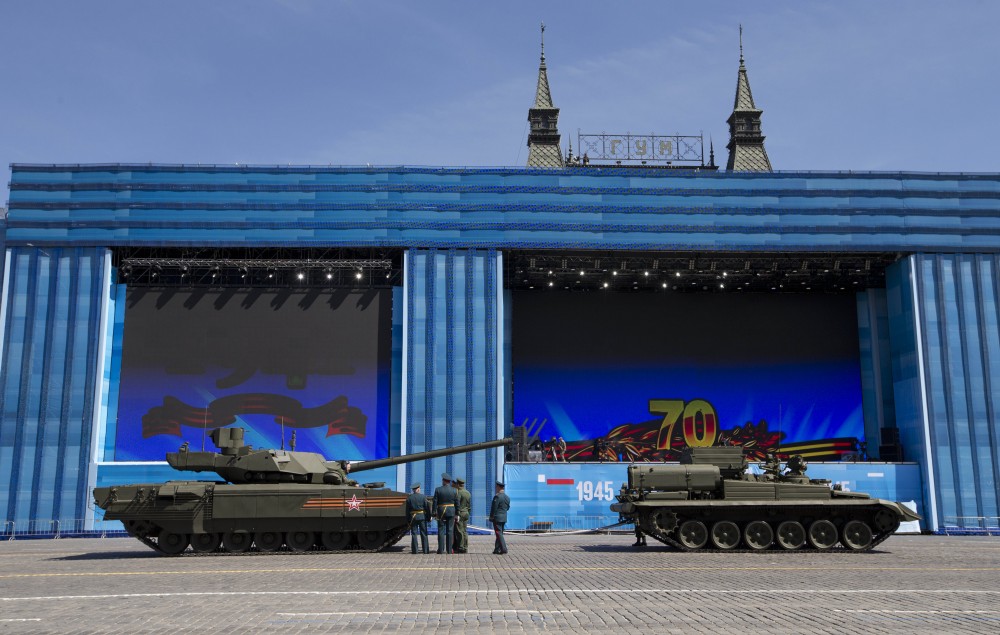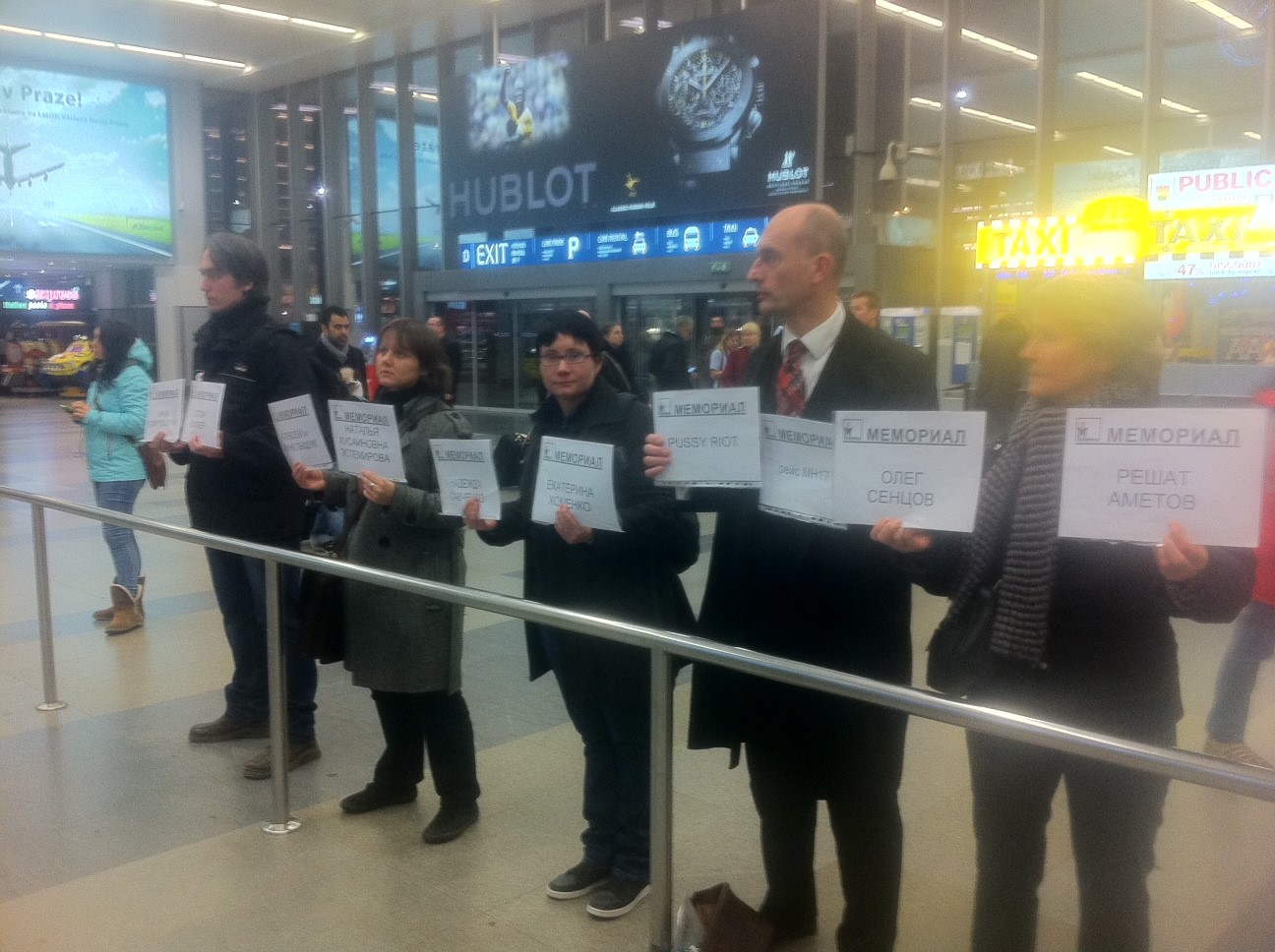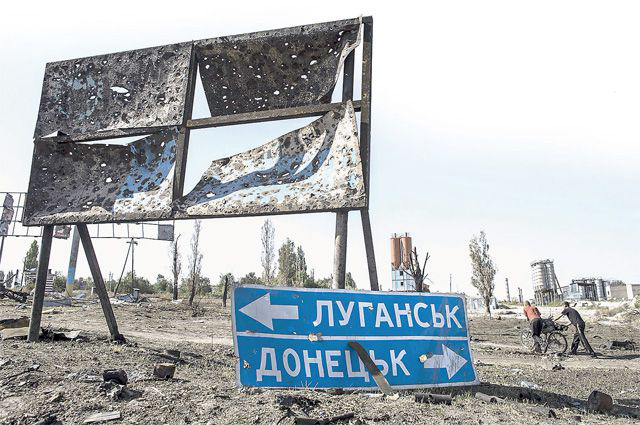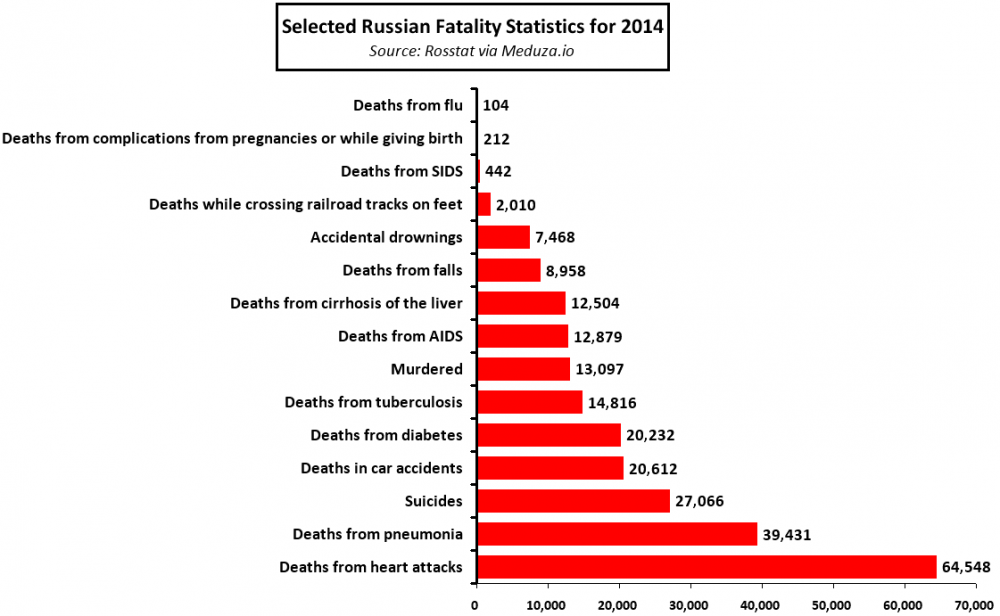Vladimir Putin and the country he heads are far weaker than Moscow propaganda suggests and, what is equally important, far weaker than many in Russia and the West think, the result of a successful combination of propaganda and dramatic action against those within his country and abroad who are intimidated or unwilling to stand up to him.
And while it would be a mistake to underestimate either, it is also a mistake to overrate Putin’s power and that of Russia because to do so gives him and it victories they do not deserve because it leads the population of his country and the leaders of Western countries to underrate their own powers and to assume that there is little or nothing they can do.
Moreover, to fail to understand the weaknesses of Putin and those of Russia is to ignore one of the major drivers of the Kremlin leader’s behavior and thus to fail to anticipate or respond appropriately to Putin’s actions which in the past and even now are driven less by his and its real strengths than by his and its profound weaknesses.
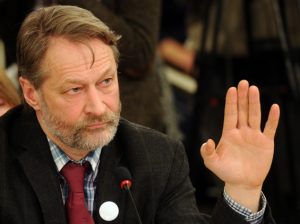
Russian political scientist Dmitry Oreshkin says that Putin has nothing to offer his people to gain their support and to consolidate public opinion except “militaristic rhetoric and short victorious wars.” But the effect of those wars – and there have been three so far – quickly exhausts itself.
That is reflected in the decline in Putin’s standing in the polls. Two years ago, some had him garnering 89 percent; now, he is getting 74 percent. Still high but not as high as it was, the result, Oreshkin says, “of the natural disappointment of the people” that “neither the annexation of Crimea nor the war in Ukraine has brought Russians anything good.”

Valeriy Solovey, an MGIMO professor who comments frequently on politics, is even more blunt:
Indeed, he adds, he is “not certain in the ability of the Russian powers that be to withstand many serious challenges. If such challenges occur, then we will see that all those who show their absolute, even lackey-like devotion to the supreme power will suddenly turn out to be disloyal and even members of the opposition.”
Solovey says there are essentially two challenges ahead: “the probability of mass social dissatisfaction which can combine with political protests” and “destabilization in the elite and splits in the elite in the vent of mass pressure from below.” There is already evidence of infighting within the elite over resources and even distancing from the Kremlin.
So far this infighting has not led to direct splits. Members of the elite are still afraid of Putin even if they believe he is ineffective or wrong.
Putin has miscalculated in Syria: he didn’t get the grand bargain from the West about Ukraine he expected, and members of the Russian elite can see this. “But the main challenges to the Kremlin,” Solovey says, “will come not from outside but from inside the country.” Once the domestic scene begins to shake, then the impact of foreign events will matter even more.
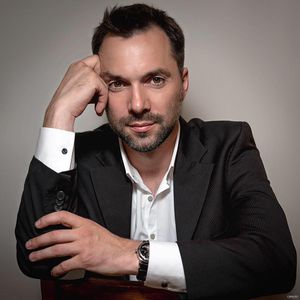
And Kyiv military expert Oleksiy Arestovych states bluntly that
Even its military buildup now is not about an attack but about defense against what some in Moscow expect will be a NATO advance. That is clear if one looks at the situation of the Russian army.
It has about 330,000 soldiers in the land forces. Ukraine has 400,000. To change that equation, Arestovich says, “Russia would have to declare a general mobilization and rearm the military. But they will not do this because as soon as such a mobilization began the Russian economy would collapse, the West would introduce additional sanctions and all the couch lovers of ‘the Russian world’ would begin to run away.”
Moreover, the Kyiv military analyst says, Putin has been backing down repeatedly in recent months as any examination of his words about “Novorossia,” then “LNR” and “DNR” and then Ukraine show. He faces more opposition abroad and at home.
But while they would be local operations, they would be interpreted in the West as indications of Putin’s “complete insanity” which “for Ukraine would mean a further rapprochement with NATO and the receipt of lethal weapons,” things that would raise the costs to Russia of any action.
Moreover, this would mean that there would not be any politicians left in the West who could defend Putin and he “would become an enemy of the entire civilized world.” That too “would accelerate the defeat of Russia,” something that the Ukrainian analyst suggests people in the Kremlin are well aware of.
Related:
- Anti-Americanism now Russia’s official ideology, ‘Nezavisimaya Gazeta’ says
- Putin likely to expand Russian invasion of Ukraine in January, Felgenhauer says
- Historic PACE resolutions condemn Russian aggression, rule out elections in occupied Donbas
- Russia preparing for war in the media but not in the budget, Moscow commentators say
- World faces crisis like 1952/53 rather than 1914, 1939 or 1962, Piontkovsky says
- ‘Russia is trying to be an empire but it ever more resembles a colony,’ Glukhovsky says
- Ukraine can defeat a Russian invasion, says American colonel




